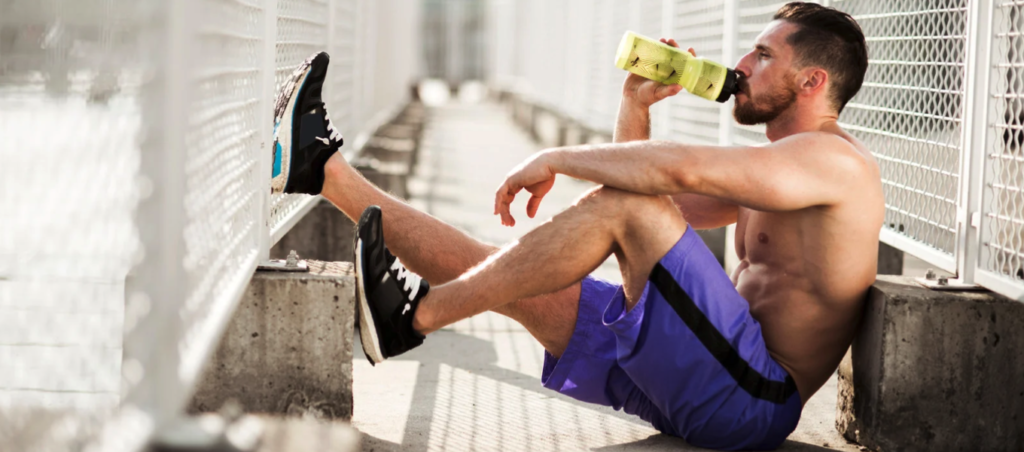What is recovery? It is one of the most underrated aspects of a fitness journey, sport training or everyday life. However it is one of the most important parts. Recovery allows the body time to heal for the next training, improves performance and decreases risk of injury. Often recovery is the first to be sacrificed due to a ‘lack of time’ or a mentality of ‘go hard or go home’.
What happens when we are recovering?
Recovery is the “physical and mental restoration to be able to perform again at the level that is required”.
To break this down, in situations we apply a stressor which results in fatigue and a reduction of performance. Once that stressor is removed a recovery period follows, this is where the real work happens.
It provides time for the body to adapt and improve to better perform if presented with the same stressor.

Tearing the muscles
Using strength training as an example, as we train we cause multiple tears in the muscle fibre resulting in a reduced performance due delayed onset muscle soreness (DOMS). Normally occurring 24 hours post and can last up to 72 hours.
This is your body’s natural response to muscle damage causing an adapting process, yet the pain and soreness also results in inflammation so in many scenarios we want to reduce it.
However all changes occurred from training due to inflammation and recovery process. As during the recovery period the body is provided with beneficial molecules to repair the tiny tears in the muscle, overall resulting in an increase in size of the muscle, improving performance.
Recovery: The key to getting stronger
If we start to look at our training as a whole from the start to recovery, it’s not the exercise that is improving our strength, making us fitter or faster, it’s the recovery period.
Ensure a perfect balance between recovery and stressors ensures that you are able to get adequate adaptations and improvements, rather than fatigue and reduced performance. When the stress of training does not provide adaptations any more rather leads to burnout and underperforming. This is called overtraining syndrome and is the result of insufficient recovery.
The 4 R’s of Recovery
- Rehydrate – replace fluid loss and fix the electrolyte imbalance, aiming to replace 150% of fluid within first 4 hours
- Refuel – replenish muscle energy stores with carbohydrate intake, around 0.8-1.2g/kg of your body weight in the first 4 hours (75kg = 60-90g carbs).
- Rebuild – protein intake is crucial to build muscle, 1.2-2g/kg/day (75kg = 90-150g)
- Rest – get adequate rest by aiming for 7-9 hours per day (athletes require more), it is important to get other types of rest such as meditation, yoga, napping etc. If you are getting adequate sleep but you are still feeling fatigued during the day, then you may not be getting enough ‘other’ types of rest.
Main building blocks for rest
- Sleep – The best physiological and psychological recovery tool we have
- Nutrition – 3 of 4 R’s are nutrition related, ensure your post training food plans have the right balance of macronutrients in diet
- REST – It is crucial to spend time away from your sport and spend time with family and friends.
Also consider other recovery modalities, like mediation and mental recovery whilst using compression boots.

Recovery specialist Dr Peter Fowler has experience over 15 years with high performance sport, working closely with the Australian institute of sport physiology department. Obtaining a PhD in sleep and recovery for elite athletes, looking for research for athletes to improve recovery.
Dr Fowler has opened The Recovery Room allowing the public to experience high quality technology, education and equipment to help achieve fitness, sports, health and lifestyle goals. Recently he has launched The Recovery Project, where he is able to reach a large community of people in receiving a high level of knowledge and equipment.
You can learn everything about recovery for professional athletes in our Diploma of Sport.
More interesting posts:

